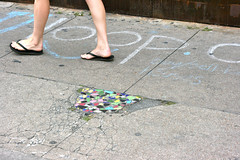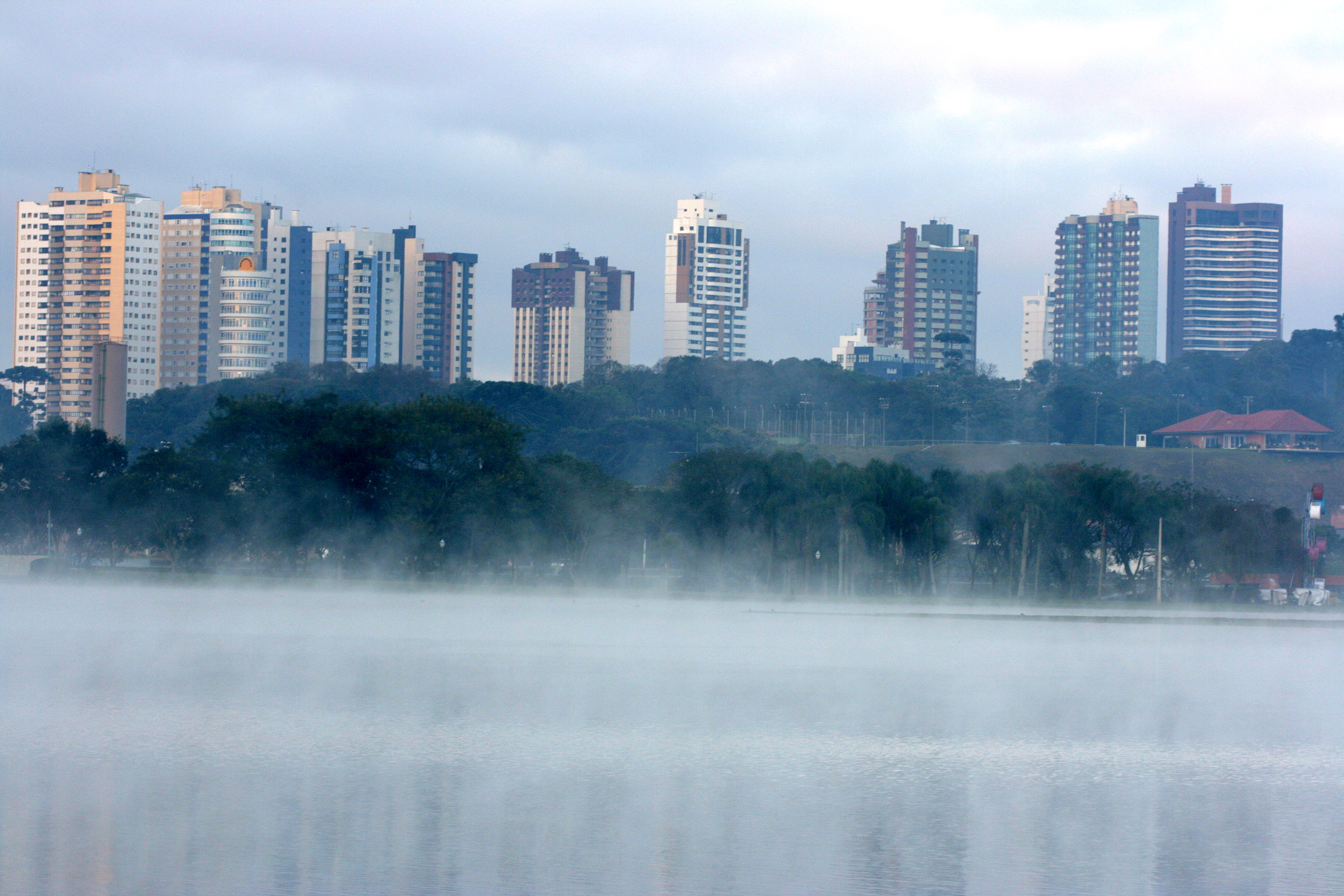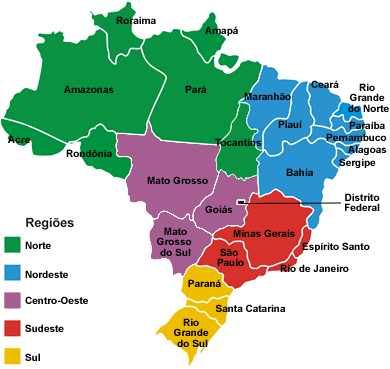Although I got my International Driving Permit today, I don't anticipate trying to drive much (or at all) in Brazil, especially in the city...I just figured that the permit would be one of those useful, just-in-case pieces of paper to carry around and add weight to my purse...
Later, after a lot of driving around running errands, my boyfriend and I stopped by REI to see if they might have a smallish shoulder bag that would fit my picky standards (verdict: maybe). I felt desirous of entering Anthropologie next door but didn't want to subject my boyfriend to the torture (or perhaps myself to being around someone rational who would tell me, "No, you don't need that!"). I suggested he could drive home and I'd walk back...after a tour of BookPeople (for MadLibs for my boyfriend's niece and nephews) and perhaps a quick glance in the ridiculously priced clothing store nearby.
And so after finding the MadLibs and then some indulgent shopping in the sale racks of Anthropologie, with a white paper bag and tissue paper covering my unnecessary purchases, I found myself walking home...I chatted on my cell phone to my grandma, watched the sky turning pink, felt little drops of threatening rain on my face and neck, dashed across busy intersections, felt my cheeks flush with the quick pace I was keeping and watched the world around me...I was reminded how much I enjoy walking and sadly, how little I do it. Some of the best pictures I've taken have usually been found while strolling about and just looking around.
Depending on how pedestrian-friendly PoA is, I may later recant this statement, but, in the current moment, I'm looking forward to being car-less in 11 days time and getting the chance to explore a new city by foot. Which really, in my opinion, is the best way to get to know where you are.
Halloween 2017: The Ghost of Harry Houdini
-
The magician and escape artist Harry Houdini died in Detroit 91 years ago,
on Halloween. Before his death, Houdini had added "spiritual debunker" to
his re...
8 years ago




























